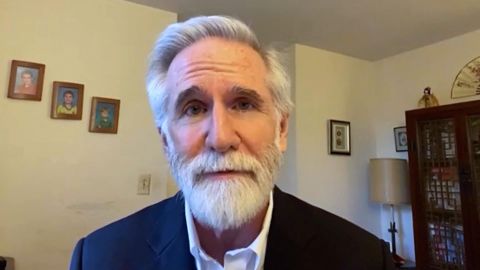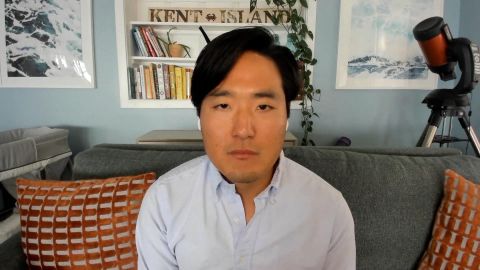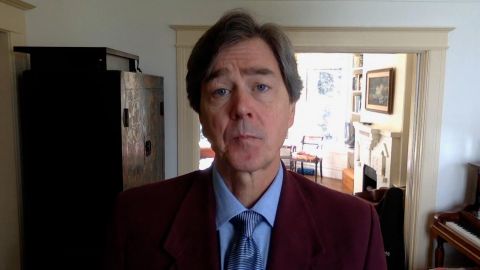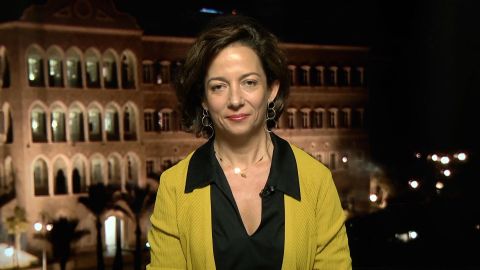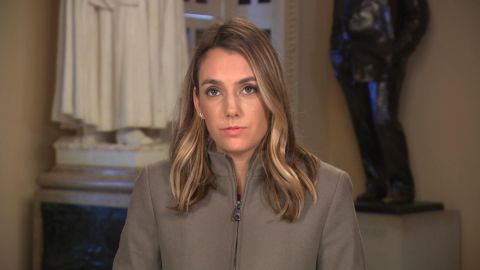Read Transcript EXPAND
ADAM CONNER, FORMER MANAGER FOR PUBLIC POLICY, FACEBOOK: But I think, as you’re seeing as more documents are kind of coming out, more stories coming up, this is not just a U.S. story. Facebook is a global company. And the problems, in particular, that we see in the U.S. are often much greater outside of the United States and given far fewer resources. I think there was one story that really highlighted that 90 percent of the effort spent on, for instance, fighting mis- and dis-information, particularly around democracy and elections, is U.S.- and English-focused, and just ignoring vast swathes of the world. And I think that one thing that we would hope to see, as these documents become released, is that journalists in other countries, governments are able to really understand and examine and ask questions about how Facebook is impacting their country and their people. I think Maria Ressa just won the Nobel Peace Prize for pioneering and really brave work on the impact of Facebook on the democracy and people in the Philippines. And I think it is really critical that we not just tell this story about the United States, but about how it’s impacting the world.
BIANNA GOLODRYGA: Yes, Frances Haugen said that: “I genuinely fear that a huge number of people are going to die in the next five to 10 years or 20 years because of choices and underfunding.” One story that may be something that many Americans and viewers around the world recall was Facebook’s role in Myanmar and the radicalization of the violence, right, against the minority Rohingya population there. And that even caused Mark Zuckerberg to issue a rare apology for Facebook’s role in inciting all of that ethnic violence. Yet that was in 2018. And we don’t hear any apologies similar to that from Mark Zuckerberg. And I’m curious, as somebody who worked with him and knew him, why that is.
CONNER: You know, I think that is a really interesting question. I think one thing we see over and over again, and the documents that have been released is how little we know about this very large company, this public company that’s a publicly traded stock, and how much of this is the public face is presented to the press and to government, vs. where you see substance matter employees really speaking up and leaving because what they see, in terms of the algorithm, in terms of some of the decisions that are being made and the investments and choices that are being made, are not adequate to the scope and scale of the problem. And I think that there are two ways to look at this. Facebook would have you believe that they are doing more than they have ever done. And that is probably true. But is this really the best that can be doing to stop this problem? And given what happened in Myanmar, given what happened on January 6, given what we know is already a very perilous threat, as we saw today, around coronavirus misinformation and disinformation, it’s hard to imagine that argument is going to carry. And I think what we see here is just increasingly leadership at the company that seems to really be digging in and ignoring critics.
About This Episode EXPAND
Democrats are at a pivotal moment in the passage of their infrastructure bill. Fossil fuel giant CEOs testified about whether they knew their products were fueling climate change. Facebook CEO outlines a new vision for the company, but experts warn it hasn’t done enough. Kim Ghattas focuses on three places that once had real hope for democracy. The supply chain crisis is crippling the U.S.
LEARN MORE
